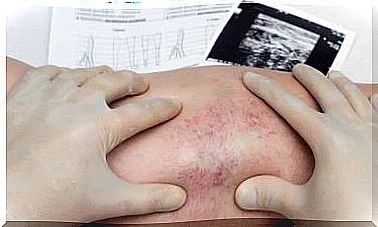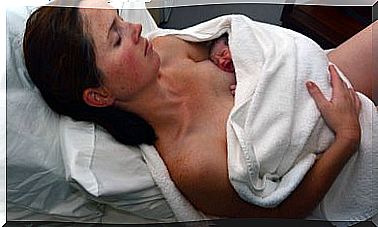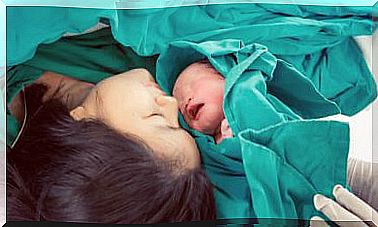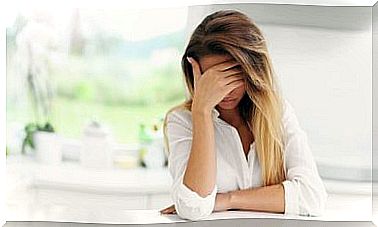Possible Causes Of Hair Loss
Hair tends to fall more at the change of season. However, if you observe that it occurs throughout the year, perhaps it could be due to nutritional deficiencies in your diet
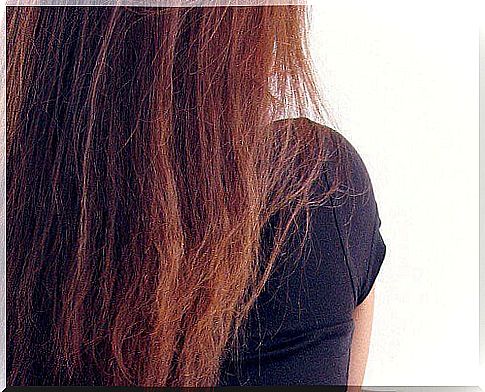
Hair loss is an issue that worries both men and women. This disorder encompasses problems ranging from mild hair loss to baldness.
In this article we share with you the most common possible causes of hair loss. We also tell you what are the most common medical treatments and some tips that are supposed to help reduce hair loss. Keep reading!
About hair loss
We must bear in mind that we ourselves may be making this disorder worse. Nervous disorders such as stress or anxiety could make the situation worse. In addition, a bad or deficient diet could lead us to lose more than 100 hairs per day.
A 2019 study noted that while micronutrients such as vitamins and minerals are believed to play an important role in normal hair follicle development and immune cell function, the relationship is unclear. However, nutritional deficiency is supposed to be a risk factor for alopecia.
Finally, we must comment that the term “anti-hair loss shampoo” is still a commercial claim. There is no scientific evidence to assert its effectiveness against hair loss.

Causes of hair loss
The fall of hair can be due to different reasons. We highlight some of the most frequent based on an article published in Harvard Health Publishing , although of course there are more possible causes:
- Physical stress
- A prolonged illness.
- Major surgery.
- A serious infection.
- A hormonal change.
- Side effects of drugs and chemotherapy.
- A medical illness such as lupus, syphilis, a thyroid disease, etc.
- A serious nutritional problem.
- Alopecia areata.
- There is also hereditary pattern baldness or androgenic alopecia.
- Some people even have a rare psychiatric disorder (trichotillomania) in which they pull or twist their hair, causing bald patches.
Diagnosis
The doctor will diagnose the cause of the hair loss based on the medical history. Of course, the medications you take, your nutritional status, hairdressing habits, and a physical exam will also be taken into account.
If your doctor suspects a fungal infection of the scalp, he or she will take a hair sample for a laboratory test. Instead, if your doctor suspects it could be a thyroid disease or problem, iron deficiency, or hormonal imbalance, he will order blood tests.
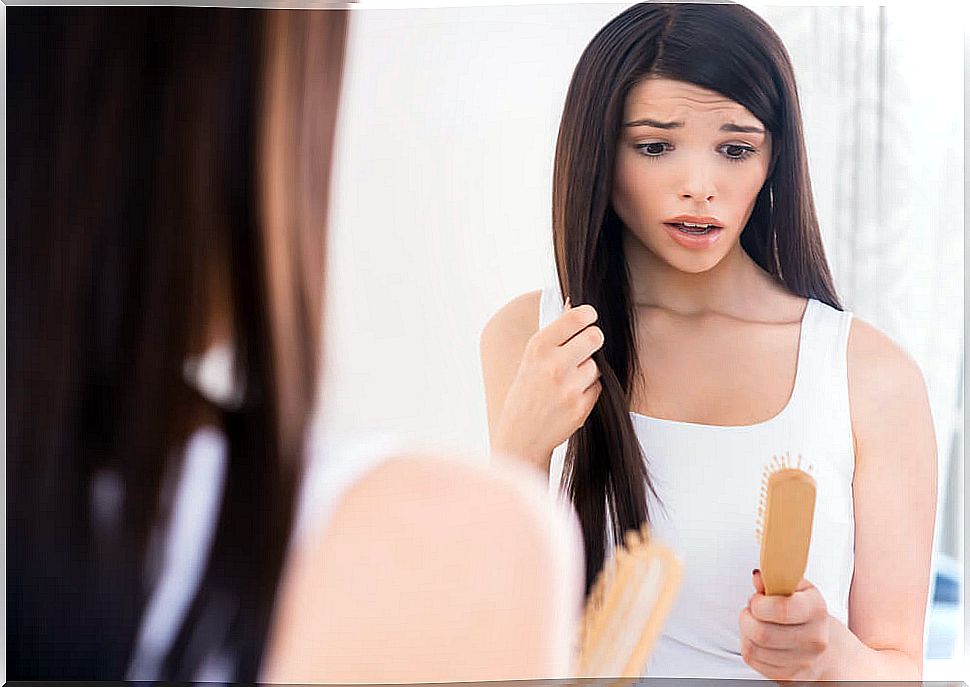
Solutions to hair loss
In case of androgenic alopecia, that is, common baldness, the most common prescribed treatments are usually :
- Minoxidil 5% (lotion).
- Finasteride (oral treatment), although this is not recommended for women.
Another option sometimes recommended to recover hair is hair transplantation. The technique consists of extracting hair from the back of the head and grafting it in the areas where it is scarce. But not all are candidates, as there needs to be enough hair in the provider area to cover the sparse area. In addition, the hair takes between eight months and a year to come out.
Other tips
- Wash hair frequently. However, it is very important to use the right shampoo for your hair type.
- In cases of oily hair, frequent washing is also recommended. This is how we reduce the sebum on the surface of the scalp.
- In cases of dandruff and grease, when the hair is washed frequently, it is advisable to alternate a treatment shampoo with another frequently used shampoo. With the two shampoos you have to make 2 soaps. At the second, you have to leave the foam for 2 to 3 minutes, without friction. The comb should be wide-toothed and spaced apart. Metal brushes should be avoided.
- Adequately protect hair from the sun, especially in summer, which is the time of year when we hit the scalp the most.
Supplements
- Biotin : This vitamin is found in large quantities in brewer’s yeast, liver steaks, and eggs. However, the eggs must be cooked, since if they are raw, our body does not absorb biotin. Notably, the evidence on the efficacy of biotin for hair loss is limited.
- Iron : We find it in meat, fish and eggs and in foods of non-animal origin, such as lentils and spinach. However, iron in vegetables has a difficult assimilation. To absorb this iron, you have to take a lot of vitamin C, with food or as a supplement.
- Liquid organic silicon: This supplement could help us strengthen hair, skin and nails and prevent alopecia. However, more studies are needed in this regard.
Finally, we highlight that the normal thing is that between 40 and 100 hairs fall a day. If you eat a balanced diet and your hair falls above these amounts, see your doctor.
